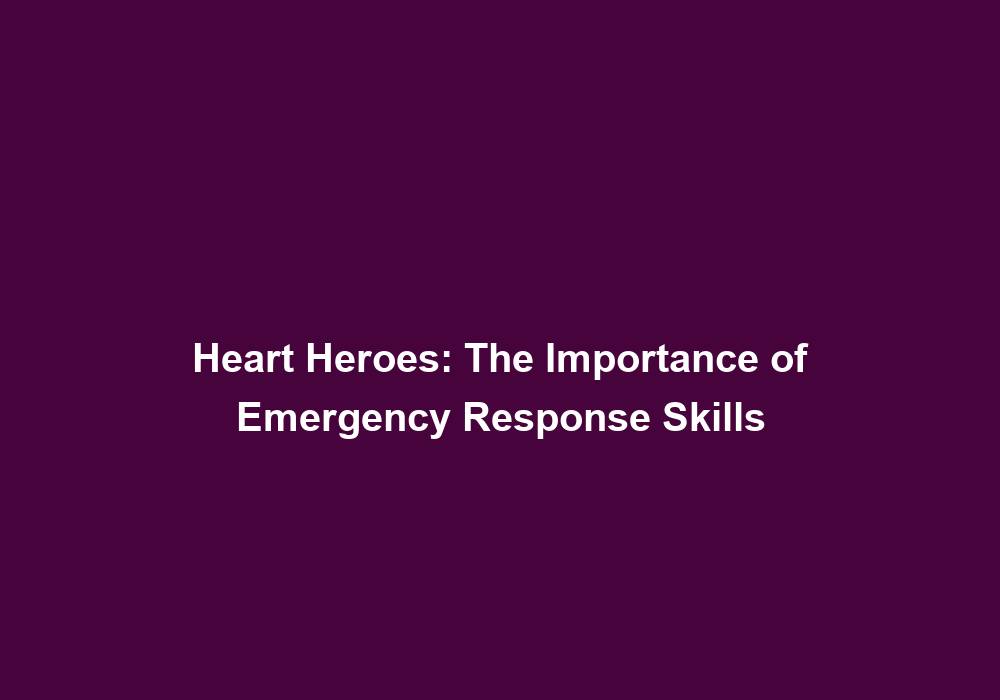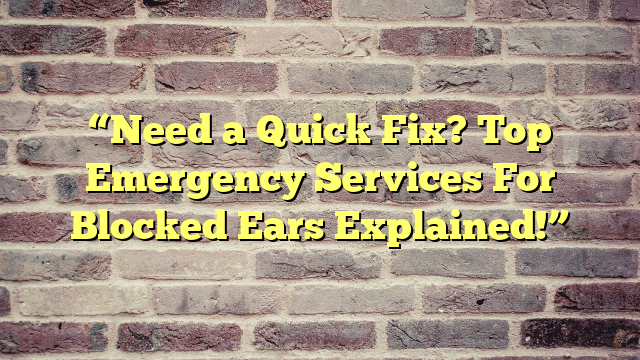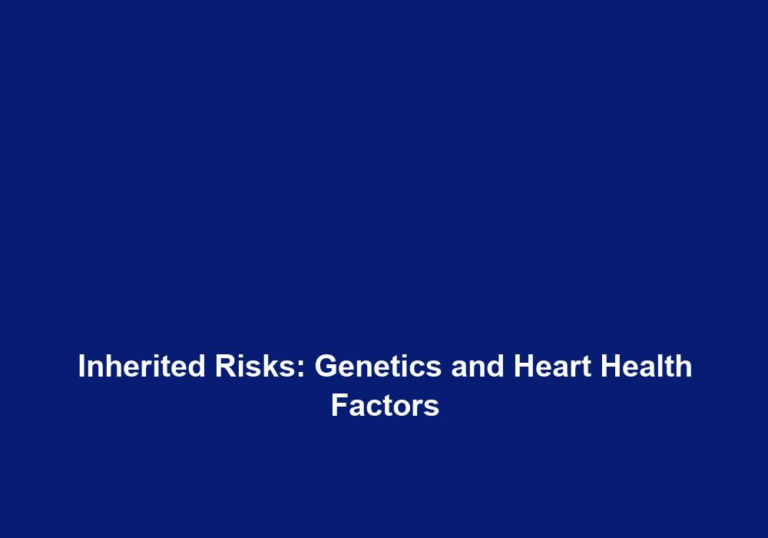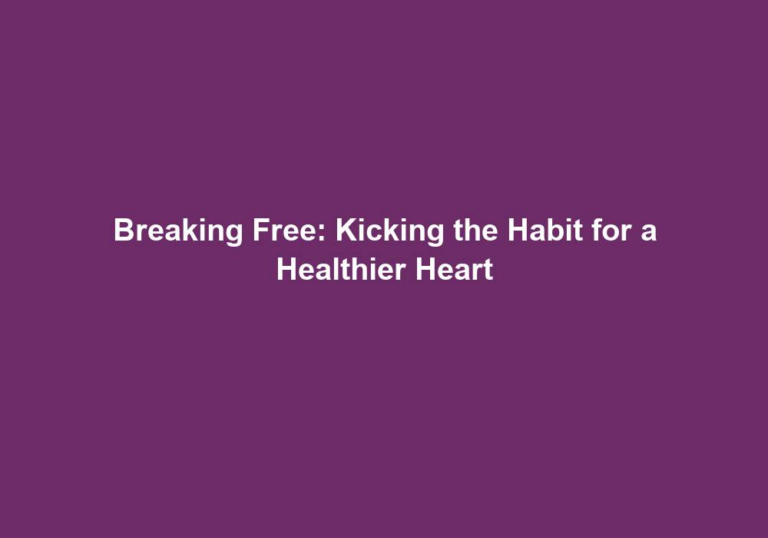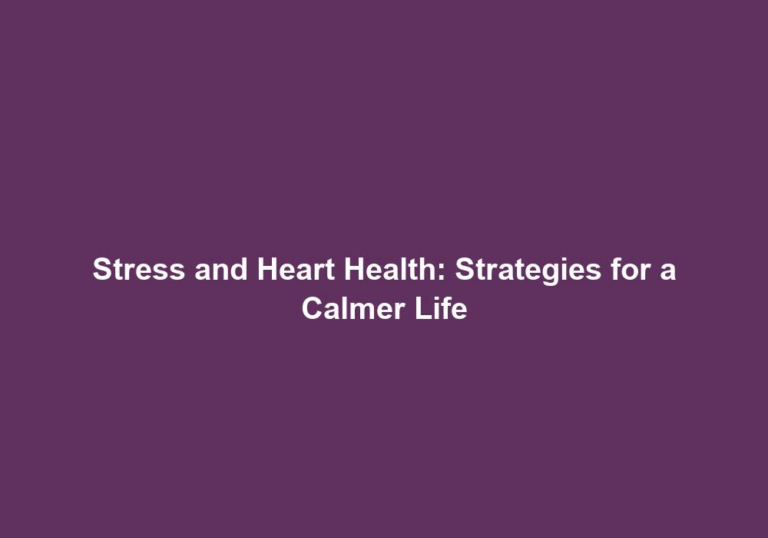Heart Heroes: The Importance of Emergency Response Skills
Emergencies can strike at any time, and having the necessary skills to respond promptly and effectively can mean the difference between life and death. In particular, when it comes to cardiac emergencies, being a heart hero and possessing vital emergency response skills can truly be a lifesaver. This article delves into the significance of emergency response skills, focusing on the cruciality of timely action, the importance of CPR and AED knowledge, and the role of training programs in creating a community of heart heroes.
Timely Action Saves Lives
When a cardiac emergency occurs, time is of the essence. Every second counts, as the brain and other vital organs can suffer irreversible damage due to lack of oxygen. That’s why knowing what to do and acting swiftly can greatly increase the chances of survival for the individual in need.
Recognizing the Signs of a Cardiac Emergency
To be an effective heart hero, it is important to recognize the signs of a cardiac emergency. These signs may include:
- Sudden collapse or loss of consciousness
- Difficulty breathing or no breathing at all
- Chest pain or discomfort
- Dizziness or lightheadedness
- Palpitations or irregular heartbeat
If any of these signs are observed, it is crucial to take immediate action and call for emergency medical help. Time is critical in these situations, and the sooner professional medical assistance arrives, the better the chances of a positive outcome.
The Importance of Early Intervention
Early intervention is key in cardiac emergencies. By recognizing the signs and taking prompt action, heart heroes can help prevent further damage and increase the chances of survival. Immediate initiation of CPR and access to an AED can significantly improve the victim’s chances of a positive outcome.
The Role of Bystander CPR
Bystander CPR plays a crucial role in saving lives during cardiac emergencies. CPR, or cardiopulmonary resuscitation, is a technique that involves manually compressing the chest and providing rescue breaths to a person whose heart has stopped beating. By performing CPR, a heart hero can help circulate oxygen-rich blood to the brain and other organs, providing a lifeline until professional medical help arrives. It is important to note that even if you are not trained in CPR, performing hands-only CPR (chest compressions without rescue breaths) can still be effective and increase the chances of survival.
CPR and AED Knowledge: Essential Skills for Heart Heroes
Cardiopulmonary resuscitation (CPR) and automated external defibrillator (AED) knowledge are two critical skills that every heart hero should possess. CPR is a lifesaving technique that involves manually pumping the chest and providing rescue breaths to a person whose heart has stopped beating. On the other hand, an AED is a portable device that delivers an electric shock to restore the heart’s normal rhythm in cases of sudden cardiac arrest.
The Importance of CPR
CPR is vital because it helps circulate oxygen-rich blood to the brain and other organs, providing a lifeline until professional medical help arrives. By performing CPR, a heart hero can potentially double or triple the chances of survival for the person experiencing a cardiac emergency.
The Role of AEDs
AEDs play a crucial role in cardiac emergencies, especially in cases of sudden cardiac arrest. These devices are designed to be user-friendly, providing clear instructions on how to use them. They can analyze the heart’s rhythm and deliver a shock if necessary. Early defibrillation through the use of AEDs significantly increases the chances of survival for individuals experiencing sudden cardiac arrest.
Proper Training for CPR and AED
To effectively perform CPR and use an AED, proper training is essential. Training programs teach individuals the correct techniques for CPR, including chest compressions, rescue breaths, and the use of an AED. These programs also provide hands-on practice, allowing participants to build confidence and proficiency in these life-saving skills.
Training Programs: Creating a Community of Heart Heroes
To become a heart hero, one must receive proper training and education. Training programs that focus on emergency response skills, such as CPR and AED training, are essential in creating a community of individuals who can respond effectively during cardiac emergencies.
The Benefits of Training Programs
Training programs offer valuable benefits, including:
- Knowledge and Confidence: Training equips individuals with the knowledge and skills necessary to handle cardiac emergencies. Participants gain a thorough understanding of CPR techniques, AED operation, and the ability to recognize the signs of a cardiac emergency. This knowledge instills confidence and empowers individuals to take action when needed.
- Increased Survival Rates: Communities with a high percentage of trained individuals have shown improved survival rates for cardiac emergencies. A trained heart hero can make a significant impact on the outcome of an emergency situation. The more individuals who are trained in CPR and AED usage, the greater the chance of a positive outcome for someone experiencing a cardiac emergency.
- Effective Teamwork: Training programs often include scenarios that require individuals to work together as a team. This fosters effective communication and coordination during emergencies. Participants learn how to collaborate with others to provide the best possible care for a victim of a cardiac emergency.
Availability of Training Programs
CPR and AED training programs are widely available through various organizations and institutions. These programs can be tailored to different settings, including workplaces, schools, and community centers. By making these programs easily accessible, we can ensure that more people have the opportunity to become heart heroes and make a positive difference in their communities.
Conclusion
In conclusion, being a heart hero and possessing emergency response skills is of utmost importance when it comes to cardiac emergencies. The ability to recognize the signs, perform CPR, and effectively use an AED can significantly increase the chances of survival for someone experiencing a cardiac emergency. Through training programs, we can create a community of heart heroes who are ready and equipped to save lives. By taking the initiative to learn CPR and AED usage, we can join hands and empower ourselves with the necessary skills to become heart heroes, ready to step up when it matters the most.
Note: This article is written in markdown format for easy formatting and presentation purposes.

